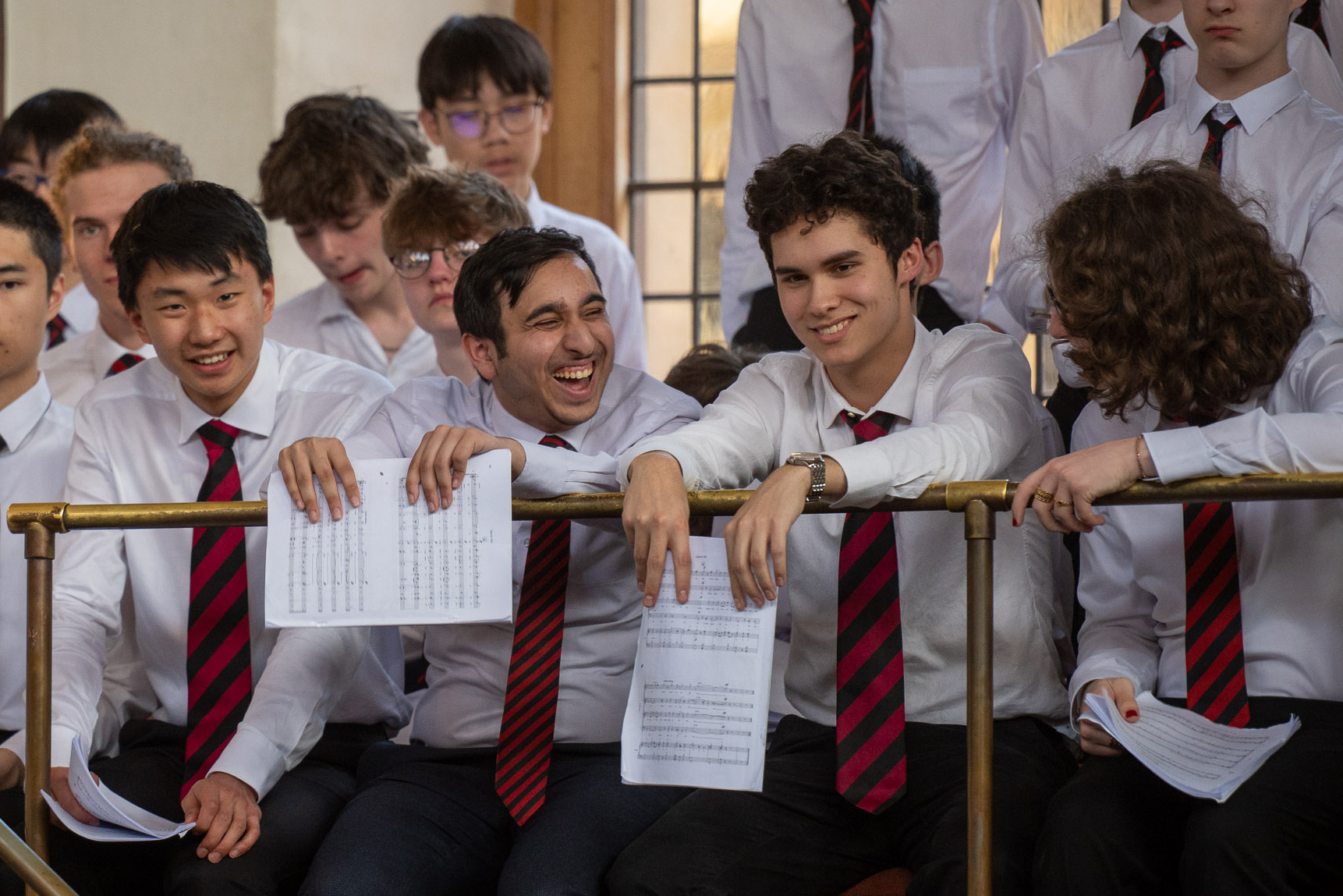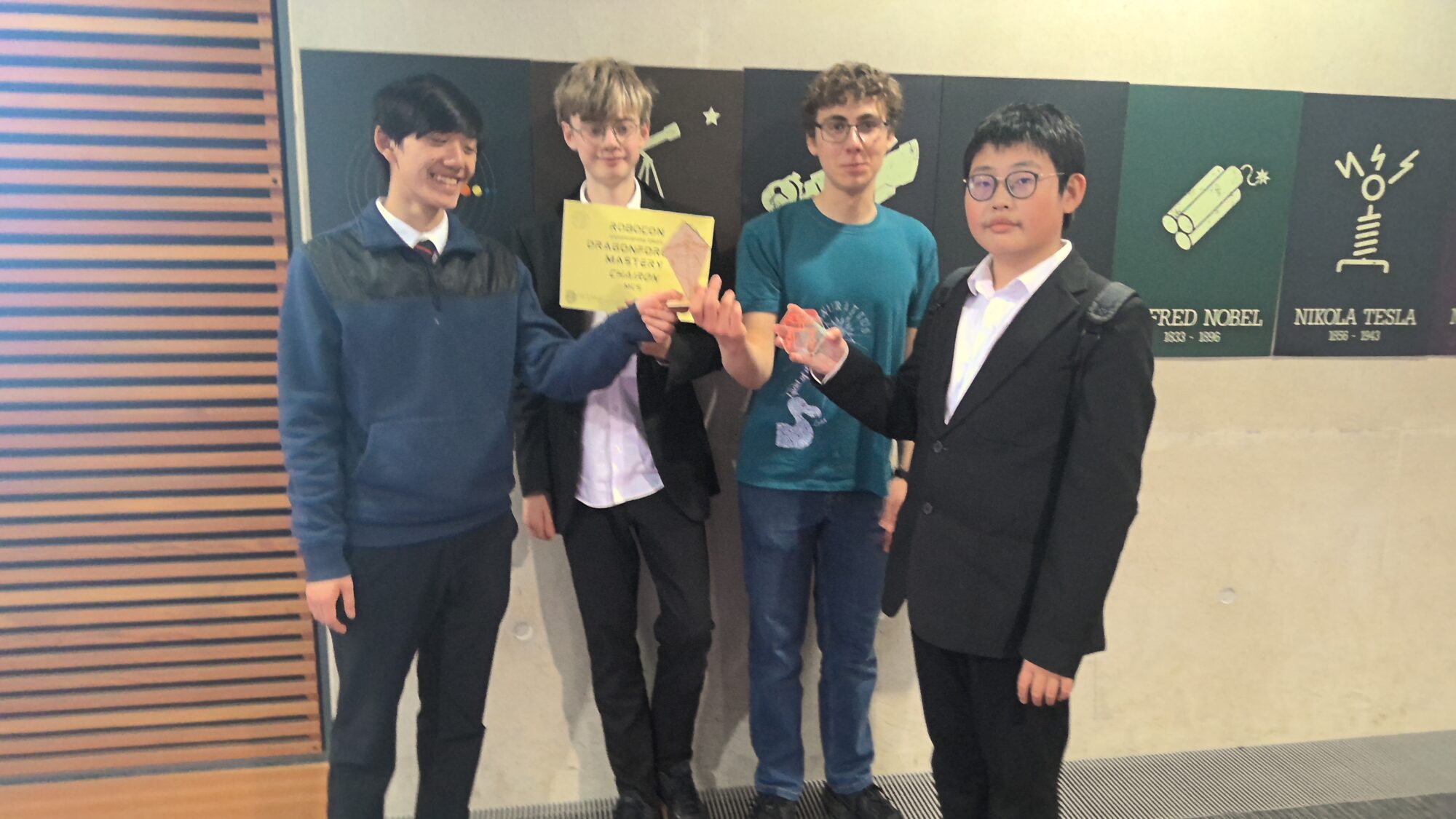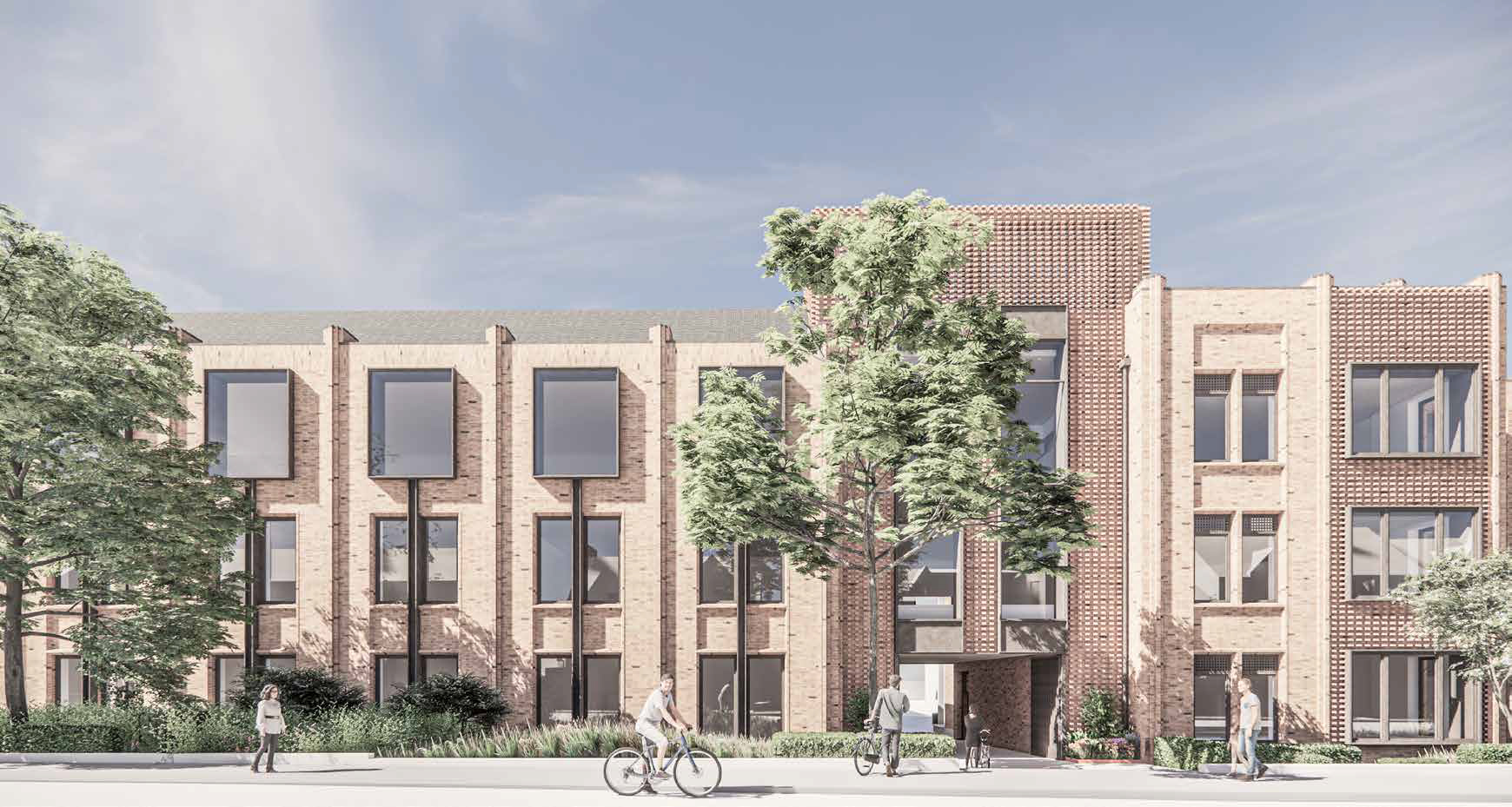Arctic and Antarctic sedimentologist, Chief Geologist and Managing Director of CASP (Cambridge Arctic Shelf Programme)
Andrew was born in Birmingham. His father, Gordon Whitham, lectured in organic chemistry at the university. His mother was born Mary Gordon, hence Andy’s middle name. Gordon moved to Oxford University with the family in 1965, where Andy and his sisters, Sarah and Emma, grew up. Educated initially at Magdalen College School, Oxford (1971-1978), he read Geology at Durham University (1978-1981). There at Van Mildert College he met Julie Gray. They married in 1990, setting up home appropriately off Oxford Road, Cambridge.
In 1981, Andy started his PhD on subaqueous pyroclastic rocks at the interface between volcanology and sedimentology, supervised by Steve Sparks. Andy’s geological adventures took him to the Caribbean, USA and Italy. His brilliant experimental study of sinking and floating pumice resulted in the widely cited “Pumice”, the shortest titled volcanology article. His engaging, humorous and warm personality created a positive atmosphere in the research group. His supervisor’s only concern was that Andy always beat him at squash.
Andy’s first job was as sedimentologist to the British Antarctic Survey (1985-1990) studying the backarc basin of the Antarctic Peninsula in two 5-month field seasons, contributing to the study of shallow marine siliciclastic rocks, deep marine anoxia, vitrinite reflectance and basin analyses. His research was augmented by field work in Barbados and examination of oceanic black shales in South Atlantic boreholes at the Lamont Doherty Geological Observatory, USA.
In 1990, Andy joined CASP (formerly the Cambridge Arctic Shelf Program). There he worked for the rest of his life, rising to become its Chief Geologist in 2003, which was combined with Managing Director from 2014.
He set up the East Greenland Project, one of CASP’s flagship enterprises, leading 27 expeditions from 1990 to 2018. He was involved in a wide variety of studies that have been paramount to understanding the hydrocarbon-rich Norwegian sector of the North Atlantic, as well as other projects in Arctic Canada and Libya.
Andy was awarded the Polar Medal in 1995. His name and CASP are commemorated in the Greenland Cretaceous bivalve, Caspiconcha whithami. In Antarctica, Whitham Bluffs was most appropriately named! His publication record stands as the memorial to his geological skills.
Andy suddenly became acutely unwell at home early on 31 January 2019 and died in hospital later that morning. He leaves his loving wife, Julie, and children, Joseph and Rachel.
(Text adapted from the Geological society’s website)
 MCS ranks among the top independent secondary schools, and in 2024 was awarded Independent School of the Year for our contribution to social mobility.
MCS ranks among the top independent secondary schools, and in 2024 was awarded Independent School of the Year for our contribution to social mobility.

 28 of our pupils achieved 10 or more 8 or 9 grades in 2024.
28 of our pupils achieved 10 or more 8 or 9 grades in 2024.
 In 2023-24, MCS received over £448,000 in donated funds.
In 2023-24, MCS received over £448,000 in donated funds.




